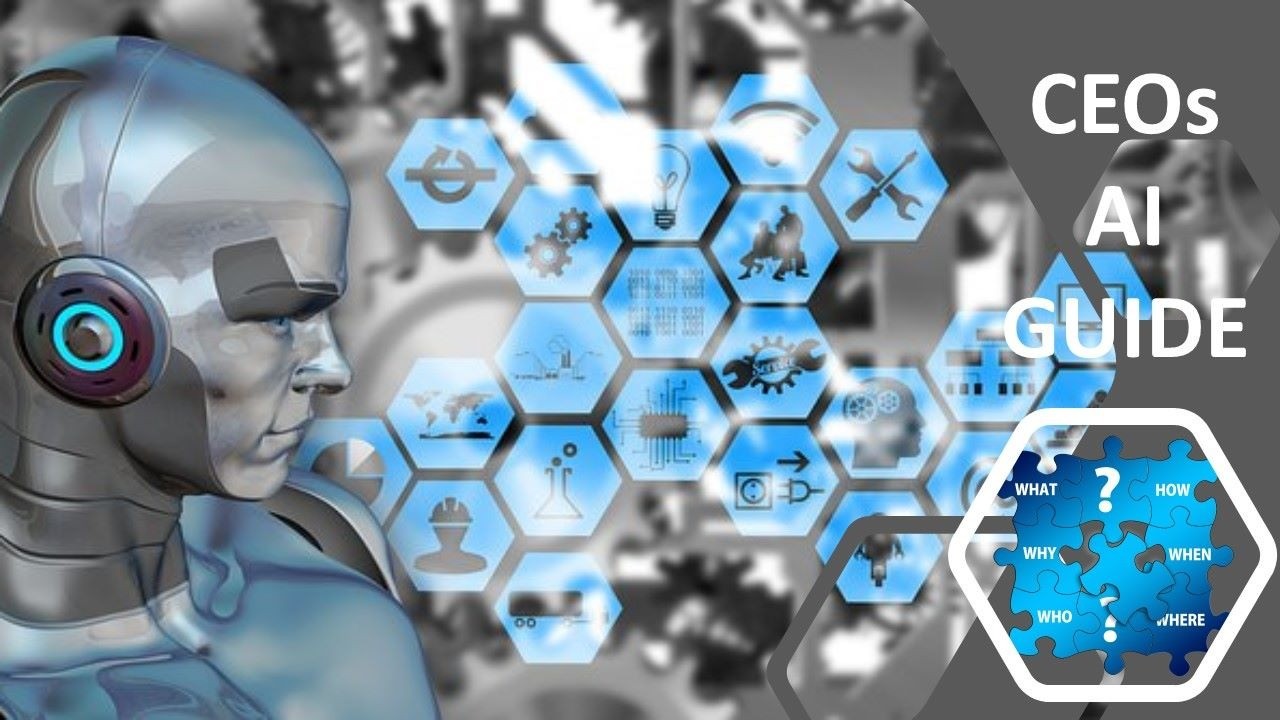Thank you to Neil Gentleman-Hobbs for sharing his insight.

DNS, or the domain name system, is the very phonebook of the Internet, connecting web browsers with websites. Those tasked with security seem asleep at the wheel given the alarming escalation in hacks, whilst those training AI models treat us with even more contempt.
Therefore well known unaddressed DNS vulnerabilities, like cache poisoning or hijacking, allow hackers to redirect users to malicious sites, enabling data theft, malware installation, or phishing attacks, compromising cybersecurity.
In today's interconnected world, where data breaches and cyberattacks have become an almost daily occurrence, the concepts of data sovereignty, private Large Language Models (LLMs), and applied AI are emerging as crucial tools for organizations seeking to safeguard their sensitive information and maintain control over their intellectual property.
Data Sovereignty: Taking Back Control
Data sovereignty asserts that data is subject to the laws and governance structures of the country in which it is stored. In an era where data is often stored in the cloud and transferred across borders, ensuring data sovereignty is paramount. This is particularly true for industries handling sensitive information, such as healthcare, finance, and government. Private LLMs and applied AI can play a significant role in upholding data sovereignty by enabling organizations to process and analyze their data locally, within their own secure infrastructure. This minimizes the risk of data exposure and unauthorized access, while also ensuring compliance with local regulations.
Open LLMs V Private SLMs: Power and Privacy
Large Language Models (LLMs) have revolutionized various industries, but their reliance on vast amounts of data raises concerns about privacy and security. Private SLMs (Small or Specialized Language Models) meanwhile address these concerns by allowing organizations to train and deploy their own language models using their own data. This ensures that sensitive information remains confidential and is not shared with third-party providers. Private and scalable SLMs also enable greener and greater customization and fine-tuning, leading to more accurate and relevant results for specific applications.
5 Use Cases for Private SLMs:
Fraud Detection: LLMs can analyze vast amounts of transactional data, identify patterns, and flag unusual activity that may indicate fraud.
Customer Service: LLMs can be used to create intelligent chatbots that can handle customer inquiries, provide support, and resolve issues.
Content Generation: LLMs can be used to generate high-quality content, such as product descriptions, marketing copy, and even news articles.
Sentiment Analysis: LLMs can analyze social media posts, customer reviews, and other text data to gauge public sentiment and identify potential issues.
Machine Translation: LLMs can be used to translate text between languages, making it easier for businesses to communicate with customers and partners around the world.
Applied AI: Intelligence at Work
Applied AI refers to the practical implementation of AI technologies to solve real-world problems. In the context of data sovereignty and cybersecurity, applied AI can be leveraged to develop advanced threat detection and prevention systems. These systems can analyze vast amounts of data in real-time, identifying patterns and anomalies that may indicate a potential cyberattack. Applied AI can also be used to automate security processes, freeing up human resources to focus on more strategic tasks.
The Combined Defense
In an age where cyber threats are constantly evolving, a multi-layered approach to cybersecurity is essential. Data sovereignty, private SLMs, and applied AI offer a powerful combination for organizations seeking to protect their sensitive information and maintain control over their intellectual property. By processing data locally, training their own language models, and leveraging AI for threat detection and prevention, organizations can significantly reduce their risk of cyberattacks and ensure the confidentiality of their data.
As the global cyber landscape continues to evolve, it is imperative for organizations to prioritize data sovereignty, invest in private LLMs, and harness the power of applied AI. By taking proactive steps to safeguard their data and intellectual property, organizations can build resilience in the face of cyber threats and ensure their continued success in the digital age.

Companies seeking to harness the power of AI responsibly should consider the security and environmental advantages of smaller, private GPT-based language models. By focusing on targeted training, existing but optimised hardware, efficient water use, and overall process streamlining, these models offer a sustainable way to integrate AI into business practices.
One such challenger brand that is defying the odds and making friends is SCOTi® AI. Small but perfectly formed SCOTi™ AI is your loyal companion by smartR AI. Our mankind's best friend is a private suite of scalable SLLMs, built within your ecosystem. So the only person mining your data is you.
1 Private - so the only one mining your data is you
2 SCOTi® AI is yours to own - that's right no on costs
3 Pre-trained first mover GPT SCOTi® AI will give you no behavioural issues.
4 Small Green and perfectly formed there is rarely a need for server upgrades, which makes SCOTi® AI the greenest GPT around.
5 A low low one off price with no energy bill surprises
Talk to the humans about a pre-trained SCOTi puppy - Why not DM Neil Gentleman-Hobbs (Head of Global Partnerships & BD) Oliver King-Smith (CEO) Greg James (US N & S America) and Steve Hansen (Aus & APAC)